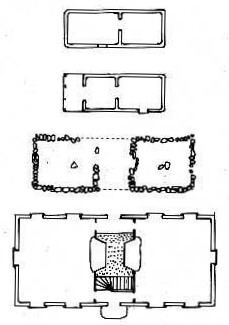Crowell, Charlene. America must equalize access to homeownership and its wealth opportunities. Crusador, 2016.
In this article, Crowell explains the importance of homeownership and its pivotal role in American families. Crowell's article uses analytical data to display the differences between various ethnic groups in regards to homeownerships. Crowell points out some of the issues that few groups in particular face when trying obtain loans to establish home ownership.
Crowell is aware of the disproportionate effects that foreclosures have had on Hispanic and Black households notably and gives insight on why and how it transpires. Crowell's article is very descriptive of the issues plaguing these two groups and its hindrance on future generations. The article includes detailed research and has also forewarned on how the current issues via considerable loans and homeownership can have negative effects in the future.
Essentially, both readings have a direct link to property and disposition towards certain ethnic groups. The primary reading looks into African influences in American architecture while the supplemental reading examines the difficulties among Hispanic and Black families receiving homeownership through cost-effective loans to further build wealth for future generations. The connection between the two readings is very apparent which is home/property and race.
The primary reading discloses hidden facts that were used to make major contributions to housing in the early 18th century through perhaps modern times. The supplemental reading delves into the detriments that two ethnic groups specifically, Blacks and Hispanics, are facing in modern times which is a deficiency in access and censorship to reasonable loans for housing and homes. The underlying connection between these two readings analyze previous African American benefactions towards American architecture and how home ownership for African Americans/Blacks and other minorities proves to be a difficult task.
